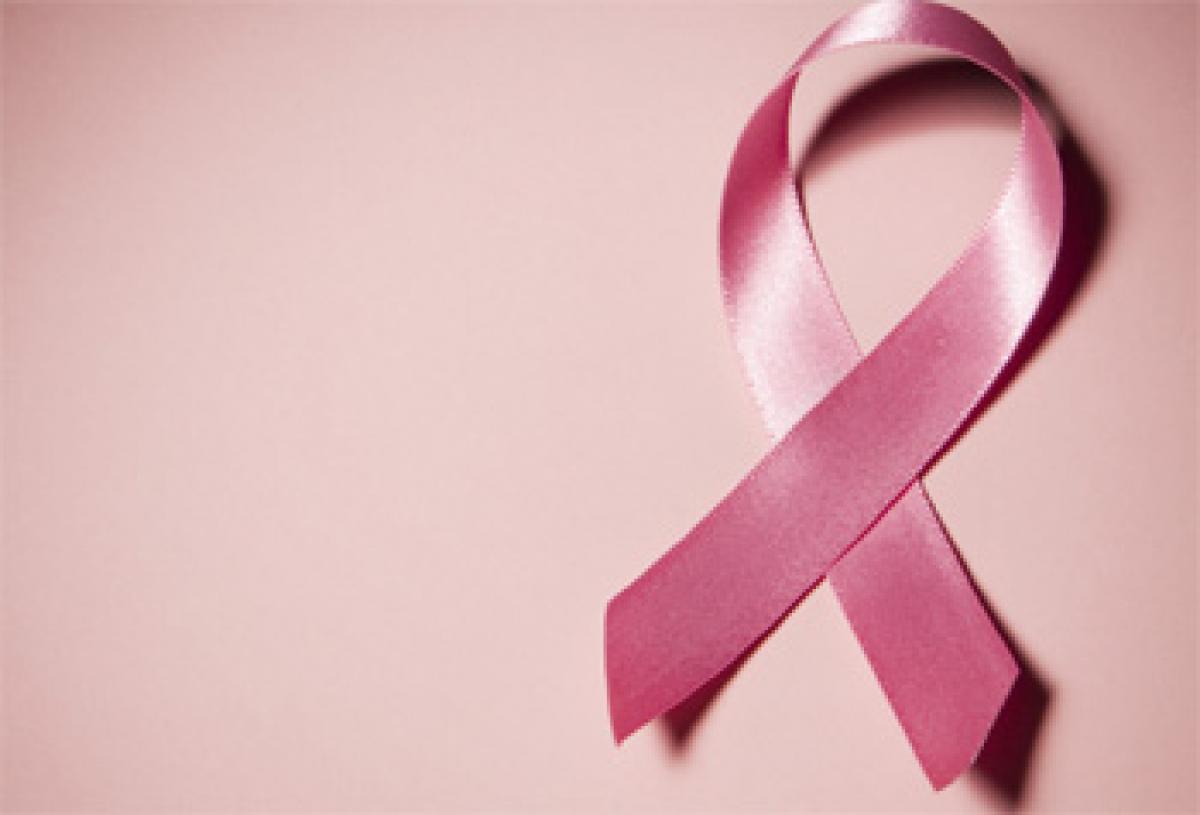Live
- Financial Intelligence Unit detects undisclosed income worth Rs 11,000 crore in 2024: Centre
- Odisha BJP chief to be elected in January
- AP Home Minister Anitha alerts officials amid rains in heavy Rains in Tirupati
- Taluk Guarantee panel
- Uber Launches Uber Moto Women for Safer and Flexible Rides in Bengaluru
- ‘Fear’ pre-release event creates waves
- Champions Trophy 2025 Host Change? Indian Broadcaster's Promo Sparks Controversy
- Nabha Natesh introduced as Sundara Valli from ‘Swayambhu’
- Aamir Khan praises Upendra's ‘UI: The Movie’ ahead of its release
- Celebrations: Keerthy Suresh ties the knot with Antony Thattil
Just In

While there is more awareness of cancer due to the incidence of the disease among high profile sportspeople and celebrities, the common man is still wary of going for screening and check-ups. Dr Naidu Bethuni, Medical Oncologist, American Oncology Institute, one of the leading oncologists of the city says,
While ‘cancer’ is still one of te most dreaded words, with early detection and improved treatment, patients can live almost normal lives
While there is more awareness of cancer due to the incidence of the disease among high profile sportspeople and celebrities, the common man is still wary of going for screening and check-ups. Dr Naidu Bethuni, Medical Oncologist, American Oncology Institute, one of the leading oncologists of the city says, “Due to lack of knowledge, when people hear the word ‘cancer’ they get scared, some hide it and some use traditional medicine until it becomes too late for treatment.
There are regions where cancer patients are still treated as untouchables and deserted by even close relatives. Once detected, people think patients will die soon, however the fact is the quality of life can be improved through proper guidance of doctor and support of family.
“There is a large section of under-diagnosed population of cancer patients in rural areas who come to us at an advanced stage,” he adds. Screening can help doctors detect certain cancers early, when they are most likely to be curable. Often, a doctor can find early cancer during a physical examination or with routine tests, even if a person has no symptoms.
These may include imaging procedures that produce pictures of areas inside the body, like sonography, X-ray, MRI or endoscopy, which allows the doctor to look directly inside certain organs, and laboratory tests. The World Cancer Day (WCD) is a major step in the fight to banish the stigma often associated with cancer and to globalise the struggle against it.
As cancer has a serious impact on a person’s emotional, physical and mental state; survivors are at risk of diminished quality of life up to several years after diagnosis. Maintaining social support networks and talking about cancer is important for both the person living with cancer and their care taker.
Treatment may often leave cancer patient feeling tired. It may be frustrating not being able to do certain activities that one used to do before treatment. Knowing limits and redefining expectations can help reduce frustration. Try things that makes you calm, don’t hold your emotions. Talk to people who have experienced it and have coped upwith the situation and lead a stable life.
Dr Dattatreya, Medical Oncologist, Omega Hospital says, “No one should face a cancer diagnosis alone. It is important to talk through your feelings. During treatment, you may find it helpful to discuss coping strategies with a professional counsellor.” While the word ‘cancer’ is still one of the most dreaded words, with early detection and improved treatment, patients can live almost normal lives.

© 2024 Hyderabad Media House Limited/The Hans India. All rights reserved. Powered by hocalwire.com







